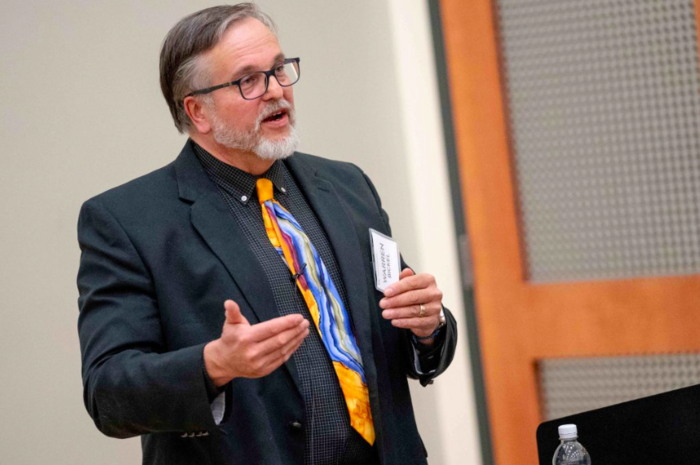Researchers typically study how people recover from substance use disorder after flare-ups that require medical attention.

Credit: Credit: Virginia Tech
Researchers typically study how people recover from substance use disorder after flare-ups that require medical attention.
However, for many, recovery involves more than cutting down or quitting substance use for improved health, well-being, and quality of life. It may include many relapses and take years.
Now, to provide a more comprehensive understanding of the recovery process, addiction recovery scientists in Virginia Tech’s Fralin Biomedical Research Institute at VTC are taking a longer view.
“Our goals are to provide a scientific understanding of recovery and relapse as well as to identify novel targets for future relapse prevention interventions,” said Warren Bickel, professor at the Fralin Biomedical Research Institute and director of the institute’s Addiction Recovery Research Center and its Center for Health Behaviors Research.
An authority in the study of the behaviors underlying addiction, Bickel has begun work on a new $3.5 million, five-year grant from the National Institutes of Health to study the recovery process.
The researchers will look at addiction recovery with an emphasis on decision-making mechanisms, exploring whether addiction and relapse arise from an imbalance between the impulsive and executive systems and how psychosocial functioning is impacted by this imbalance.
“Recovery is a multidimensional process that can be very different depending on the individual,” said Bickel, who is also a professor in the Department of Psychology in the College of Science. “For one person, recovery may involve absolutely no use of alcohol or any other drugs. For the next person, it could be a lower frequency of drinking with improved quality of life. Our goal is to harness data from this wide variety of experiences from people who come from all walks of life and examine the processes of recovery, relapse, psychosocial functioning, and treatment.”
The White House proclaimed September 2022 as National Recovery Month, restating the value of efforts to prevent substance use disorder, support those who are still struggling, and provide people in recovery with the resources they need to live full and healthy lives.
For the substance use disorder study, participants will be recruited from the International Quit & Recovery Registry, which was established by Bickel in 2011 and currently has about 9,000 registrants.
The online database is suited for long-term, repeated measurement research, which the project requires. Furthermore, scientists will compare individuals in different years of recovery.




